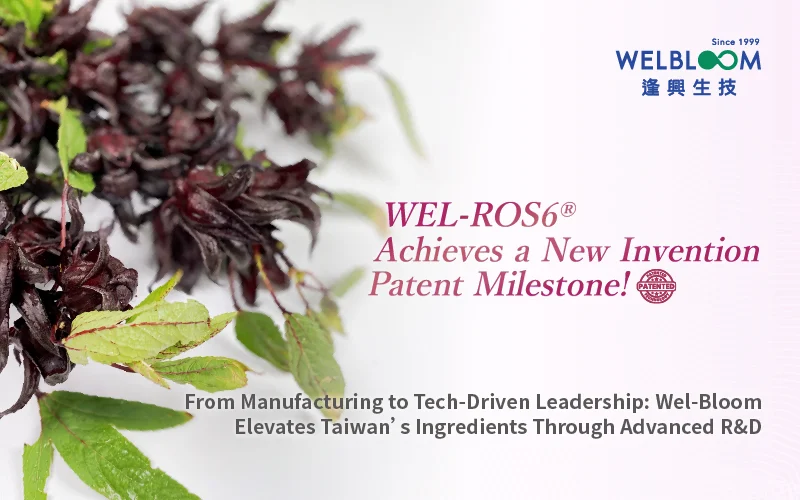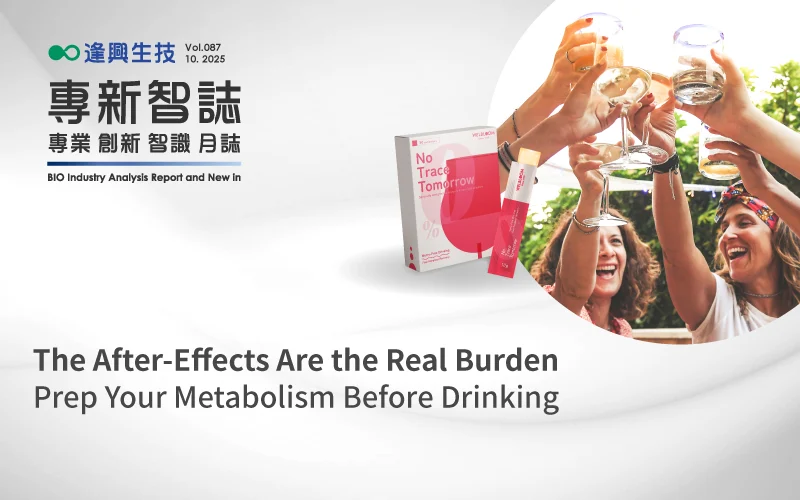
There’s over 1 Billion Anemia Population Worldwide! The Global Issue urges us to make Iron Supplement with Better Taste by Nutri-Crypt® !-Part. 01

[et_pb_section fb_built=”1″ _builder_version=”4.9.4″ _module_preset=”default” global_colors_info=”{}”][et_pb_row admin_label=”A” _builder_version=”4.9.4″ _module_preset=”default” global_colors_info=”{}”][et_pb_column type=”4_4″ _builder_version=”4.9.4″ _module_preset=”default” global_colors_info=”{}”][et_pb_text _builder_version=”4.9.4″ _module_preset=”default” global_colors_info=”{}”]
Anemia Affects 25% of the Population Worldwide
A brief report on the anemia population worldwide.
The prevalence might be higher than you think!
Anemia is more common than you think. The statistics from WHO indicate that close to 1.62 billion people worldwide are experiencing anemia. There are six types of anemia which are iron-deficiency anemia, Mediterranean anemia, aplastic anemia, pernicious anemia, hemolytic anemia, and hemorrhagic anemia. Iron deficiency accounts for approximately 50% of anemia cases. School-age children, non-pregnant women, and pregnant women are at high risks of developing anemia. The prevalence of anemia is 25% in school-age children, 41.8% in non-pregnant women, and 30.2% in pregnant women.
[/et_pb_text][et_pb_image src=”https://wel-en.wp-mak.ing/wp-content/uploads/2021/10/0927_vol.0036貧血內文圖_市場-01.webp” title_text=”anemia population worldwide” align=”center” _builder_version=”4.9.4″ _module_preset=”default” width=”80%” global_colors_info=”{}”][/et_pb_image][et_pb_text _builder_version=”4.9.4″ _module_preset=”default” global_colors_info=”{}”]
According to worldwide statics of anemia, the population is mostly women.
Women are more likely to develop anemia due to heavy menstrual bleeding and pregnancy. During pregnancy, the volume of blood increases. More iron and vitamins are needed to enhance healthy fetal growth and development. According to WHO, anemia is more common in Asia. The statistics from the Ministry of Health and Welfare show that iron-deficiency anemia affects one in every five women in Taiwan.
Chronic iron-deficiency anemia affects immunity, memory, and even cardiovascular health. Compared to the other types of anemia, it is much easier for iron-deficiency anemia to be improved through consuming iron-rich foods.
[/et_pb_text][/et_pb_column][/et_pb_row][et_pb_row admin_label=”B” _builder_version=”4.9.4″ _module_preset=”default” global_colors_info=”{}”][et_pb_column type=”4_4″ _builder_version=”4.9.4″ _module_preset=”default” global_colors_info=”{}”][et_pb_text _builder_version=”4.9.4″ _module_preset=”default” global_colors_info=”{}”]
Wel-Bloom’s Nutri-Crypt® Brings New Business Opportunities
The demand for iron supplements has been growing lately!
Normally, iron-deficiency anemia is due to inadequate dietary iron intake. Therefore, most people wish to relieve their symptoms by taking iron supplements. According to Credence Research, the global iron supplement market was valued at 3 billion US dollars in 2015. It started to grow significantly in 2017. It is expected to reach 6.3 billion by 2025 with the CAGR at 9.3%. Furthermore, the market survey from Grand View Research indicates that iron is one of the most popular trace elements. Vegetarianism has become more popular lately; however, a vegetarian diet tends to be lacking iron. Thus, the rising trend of vegetarianism has increased the demand for iron supplements.
Here is some advice for an unconventional way to enter the iron supplement market.
The iron supplement market is growing gradually. However, the majority of iron supplements are produced in capsules and tablets. For instance, Nature Made manufactures iron tablets; Brand’s launches the vitamin B complex and iron combination tablets, and DHC produces the iron capsules with vitamin B12 and folic acid. The primary reason for the limited dosage forms is its metallic odor.
[/et_pb_text][et_pb_image src=”https://wel-en.wp-mak.ing/wp-content/uploads/2021/10/0927_vol.0036貧血內文圖_市場-02.webp” align=”center” _builder_version=”4.9.4″ _module_preset=”default” width=”80%” global_colors_info=”{}”][/et_pb_image][et_pb_text _builder_version=”4.9.4″ _module_preset=”default” global_colors_info=”{}”]
In order to create a user-friendly, delicious supplement, we utilize Nutri-Crypt® to wrap around the ferric ions. It could not only mask the taste but also protect the functional ingredients completely.
[/et_pb_text][/et_pb_column][/et_pb_row][et_pb_row _builder_version=”4.9.4″ _module_preset=”default” global_colors_info=”{}”][et_pb_column type=”4_4″ _builder_version=”4.9.4″ _module_preset=”default” global_colors_info=”{}”][et_pb_text _builder_version=”4.9.4″ _module_preset=”default” global_colors_info=”{}”]
Reference Resources:
[1] Global anemia prevalence and number of individuals affected(WHO 1993-2005)
https://www.who.int/vmnis/anaemia/prevalence/summary/anaemia_data_status_t2/en/
[2]國民營養健康狀況變遷調查成果報告 2013-2016年(衛服部 國民健康署)
https://www.hpa.gov.tw/Pages/Detail.aspx?nodeid=3999&pid=11145
[3] Global Iron Supplements Market Is Expected To Reach US$ 6,353.9 Mn By 2025: Changing Lifestyle Along With Shift In Dietary Habits Of Consumers, Is Boosting Iron Supplement Market
https://www.credenceresearch.com/press/global-iron-supplements-market
[4] Mineral Supplements Market Size, Share & Trends Analysis Report By Product
https://www.grandviewresearch.com/industry-analysis/mineral-supplements-market
Wel-Bloom’s got more secrets to the formula of our anemia supplement. Please check out our next column for more details! You can visit the article: ”There’s over 1 Billion Anemia Population Worldwide! The Global Issue urges us to make Iron Supplement with Better Taste by Nutri-Crypt®!–Part. 02”
To retrieve passwords please fill in the form or email us at, [email protected], and our sales representative will get in contact with you as soon as possible.
Wel-Bloom Bio-Tech, experts in dietary supplement foods research and development in Taiwan
[/et_pb_text][/et_pb_column][/et_pb_row][/et_pb_section]

Wel-Bloom Bio-Tech
Leader of Jelly Supplement
-
Phone +886-2-33225555
-
Fax +886-2-3322-5966
-
Email [email protected]
-
LINE Official Account @welbloom
-
LinkedIn Welbloom BioTech
Contact Us
We will reply them as soon as possible.


